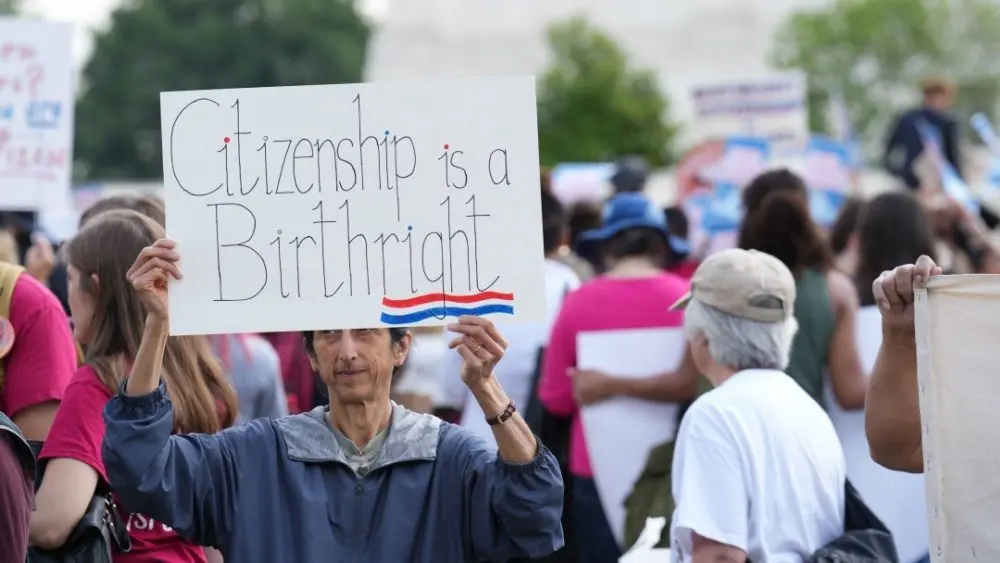Kansas is one of 15 state to be chosen to participate in a program to improve maternal and child health care for Medicaid and Children’s Health Insurance Program (CHIP) members.
The state was chosen by the Centers for Medicare and Medicaid Services (CMS) as one of 15 states to participate in its Transforming Maternal Health (TMaH) Model program, which includes a $17 million grant award over the next 10 years.
Kansas Governor Laura Kelly said in a press release that it’s a tremendous honor for the state to be chosen for the program, and she said, “This funding provides the resources necessary for us to continue to grow and increase access to maternal health care to underserved Kansans throughout the state.”
The TMaH model will support the Kansas Department of Health and Environment in the development of a whole-person approach to pregnancy, childbirth, and postpartum care. The goal of the model is to reduce disparities in access and treatment, a key focus of the KanCare 3.0 contracts which took effect Jan. 1, 2025.
The grant will allow KDHE to build upon its work in the following:
- Hospital Engagement for Birthing-Friendly Designation: KDHE, in collaboration with the Kansas Perinatal Quality Collaborative, the Kansas Maternal Mortality Review Committee, and other partners, is recruiting and educating facilities to achieve CMS’s birthing-friendly designation status. TMaH will align with these key public health initiatives to further address barriers and increase quality services and patient safety.
- Whole-Person Care: KDHE’s Kansas Connecting Communities and Maternal Anti-Violence Innovation and Sharing programs will be pivotal in enhancing the patient education and universal screening components of the TMaH model. These programs offer provider consultation, training, and technical assistance for perinatal mental health, substance use, and intimate partner violence. Resources will be scaled to ensure the behavioral health and social determinants of the health needs of all patients.
- Telehealth and Telemonitoring Prioritization: TMaH will enhance telehealth services to overcome geographic barriers, improving access to specialists and reducing travel. KDHE will implement robust telemonitoring for hypertension and gestational diabetes and collaborate on a State Plan Amendment to expand covered services under Medicaid.
- Home Visiting Program Expansion: The TMaH payment model will make home visiting sustainable by addressing funding gaps. KDHE’s strength-based approach improves outcomes in pregnancy, parenting, and early childhood health while TMaH funding expands reach and quality.
Kansas Senator Roger Marshall said this will give the state a unique opportunity to address ways to increase access to maternal care, adding “We must address maternal health care in a more wholistic way, looking at things like chronic disease management, mental health, substance misuse, and nutrition, so that we reduce risks during and after birth. The challenges are particularly difficult in rural areas and places where access to care is more limited.”







